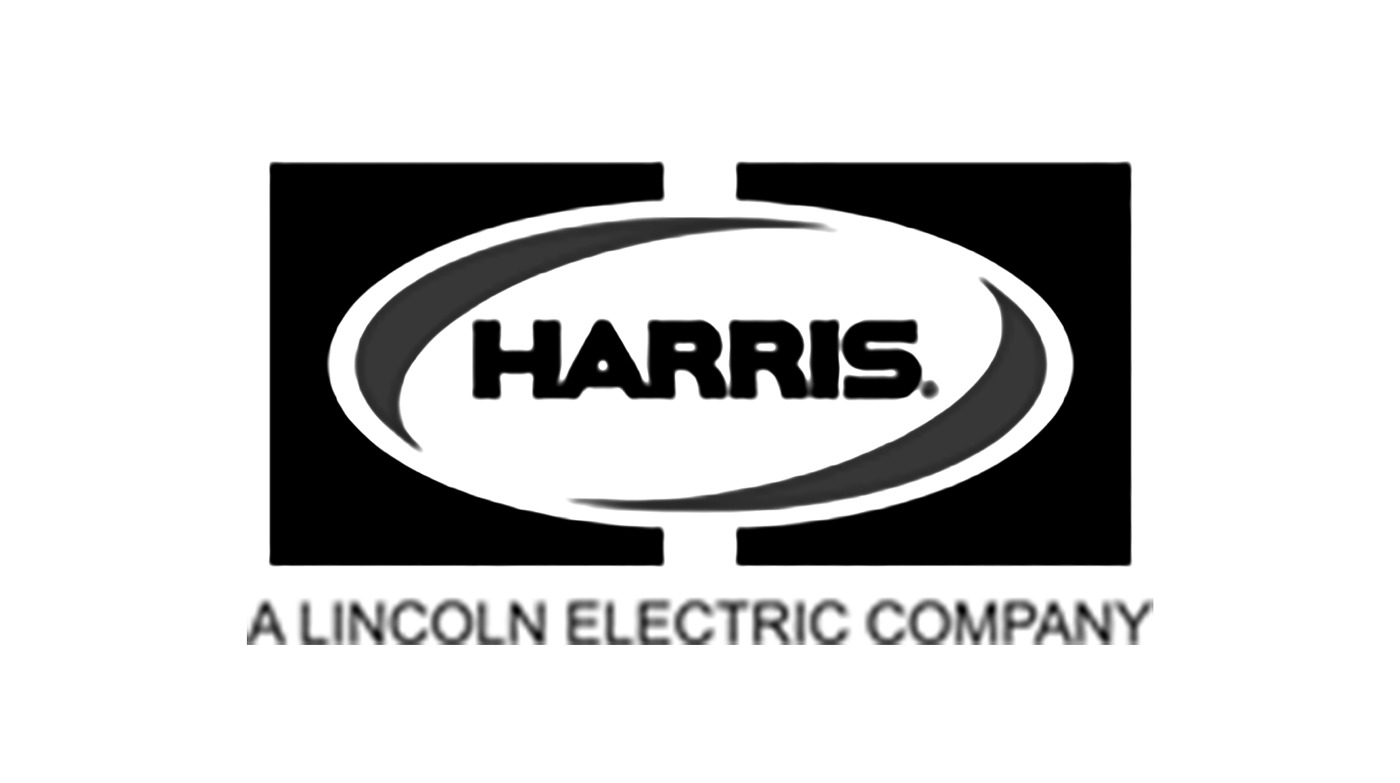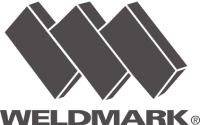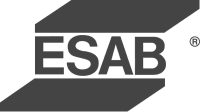
Propane Safety
IF YOU SMELL GAS OR SUSPECT A GAS LEAK
- NO FLAMES OR SPARKS! Immediately put all smoking materials and other open flames. Do not operate lights, appliances, telephones, or cell phones. Flames or sparks from these sources can trigger an explosion or a fire.
- LEAVE THE AREA IMMEDIATELY! Get everyone out of the building or area where you suspect gas is leaking.
- SHUT OFF THE GAS AT THE TANK. Turn off the main gas supply valve on your propane tank if it is safe to do so. To close the valve, turn it to the right (clockwise).
- REPORT THE LEAK. Once you are safely away from the gas leak, call your propane retailer right away. If you cannot reach your propane retailer, call 911 or your local fire department.
- DO NOT RETURN TO THE BUILDING OR AREA. Until your propane retailer, emergency responder, or qualified professional determines that it is safe to do so.
- GET YOUR PROPANE SYSTEM CHECKED. Before you attempt to use any of your propane appliances, our propane retailer or a qualified professional must check your entire propane system to ensure that it is leak-free.
TAKE THE SNIFF TEST
Ask your propane retailer for a sniff of the gas at the tank to familiarize yourself and your family members with the propane odor.
CAN YOU SMELL IT?
Propane has a foul odor that has been compared to garbage, sewage, skunk’s spray, or a dead animal.
Some people may have difficulty smelling propane. Causes may include:
- Age (older people may have a less sensitive sense of smell)
- The effects of medication
- Medical conditions such as colds, allergies, or sinus congestion
- Alcohol, tobacco, or drugs
- Tobacco smoke, cooking odors, musty or damp smells, and other strong odors.
The propane smell may not wake up someone who is sleeping. It may also be in an area of the building where it may not be detected, such as a basement, an attic, or a garage.
ODOR LOSS is an unintended reduction in the concentration of the odor of the propane, making it more difficult to smell. Situations that can cause odor loss include the presence of air, water, or rust in a propane tank or cylinder, or the passage of leaking propane through the soil.
Warning: Since there is a possibility of odor loss or problems with your sense of smell, you should respond immediately to even a faint odor of gas.
PROPANE GAS DETECTORS
Under some circumstances, you might not smell a gas leak. Propane gas detectors are designed to sound an alarm if they send propane, even if the odorant cannot be detected. It is recommended that you consider installing one or more gas detectors listed by Underwriters Laboratories (UL) in your home. Detectors can provide an extra measure of safety.
Follow the manufacturers instructions regarding use. If a detector is sounding an alarm, treat it as an emergency and act immediately. Even if you do not smell propane. Never ignore the smell of propane, even if not detector is sounding an alarm.
CARBON MONOXIDE AND YOUR SAFETY
Warning: WHAT IS CARBON MONOXIDE (CO)?
You cannot taste or smell carbon monoxide, but it is a very dangerous gas, produced when any fuel burns. High levels of carbon monoxide can come from appliances that are not operating correctly, or from a venting system or chimney that becomes blocked.
IF YOU SUSPECT CARBON MONOXIDE IS PRESENT, ACT IMMEDIATELY!
- If you or a family member shows physical symptoms of carbon monoxide poisoning, get everyone out of the building and call 911 or your local fire department.
- If it is safe to do so, open windows to allow entry of fresh air, and turn off any appliances you suspect may be releasing carbon monoxide.
- If no one has physical symptoms of carbon monoxide poisoning but you suspect that carbon monoxide is present, call your propane retailer or a qualified professional to check carbon monoxide levels and your propane equipment.
TO HELP REDUCE THE RISK OF CARBON MONOXIDE POISONING
- Have a qualified professional check your propane appliances and related venting systems annually, preferably before the heating season begins.
- It is recommended that you consider installing carbon monoxide detectors on every level of your home. Follow the manufacturer’s instructions regarding use.
- Never use a gas oven or range-top burners to provide heating.
- Never use portable heaters indoors unless they are designed and approved for indoor use.
- Never use a barbecue grill (propane or charcoal) indoors for cooking or heating.
- Regularly check your appliance exhaust vents for blockage.
CARBON MONOXIDE CAN BE DEADLY!
Warning: High levels of carbon monoxide can make you dizzy or sick (see below).In extreme cases, it can cause brain damage or death.
SYMPTOMS OF CARBON MONOIXDE POISONING INCLUDE:
- Headache
- Fatigue
- Dizziness
- Shortness of Breath
- Nausea
SIGNS OF IMPROPER APPLIANCE OPEERATION THAT CAN GNERATE HIGH CARBON MONOXIDE LEVELS:
- Sooting, especially on appliances and vents
- Unfamiliar or burning odor
- Increased moisture inside of windows
- Yellow flames
LIGHTING PILOT LIGHTS
Warning: IF A PILOT LIGHT REPEATEDLY GOES OUT or is difficult to light, there may be a safety problem. DO NOT try to fix the problem yourself.
YOU ARE TAKING THE RISK of starting a fire or an explosion if you attempt to light a pilot light yourself. IT IS STRONGLY RECOMMENDED that only a qualified professional light any pilot light that has gone out.
APPLIANCE MAINTENANCE
LEAVE IT TO THE EXPERTS.
Only a qualified professional has the training to install, inspect, service, maintain and repair your appliances. Have your appliances and propane system inspected just before the start of each heating season.
HELP YOUR APPLIANCES “BREATHE.” Check the vents of your appliances to be sure that the flue gases can flow easily to the outdoors; clear away any insect or bird nests or other debris. Also, clear the area around your appliances so plenty of air can reach the burner for proper combustion.
DO NOT TRY TO INSTALL, MODIFY, OR REPAIR valves, regulators, connectors, controls, or other appliance and cylinder/tank parts. Doing so creates the risk of a gas leak that can result in property damage, serious industry, or death.
HAVE OLDER APPLIANCE CONNCECTORS INSPECTED. Certain older appliances connectors may crack or break, causing a gas leak. If you have an older appliance, have a qualified professional l inspect the connector. Do not do this yourself, as movement of the appliance might damage the connector and cause a leak.
FLAMMABLE VAPORS ARE SAFETY HAZARD.
A pilot light on your propane appliance can ignite vapors from gasoline, paint thinners, and other flammable liquids. Be sure to store and use flammable liquids outdoors or in an area of the building containing no propane appliances.
DO NOT RISK IT! If you cannot operate any part of your propane system, or if you think an appliance or other device is not working properly, call your propane retailer or a qualified professional for assistance.
Warning: Gas can leak through an open gasline. If you disconnect an appliance from a gas line or are otherwise aware of an open gas line, be sure to contact your propane retailers or a qualified professional to close, cap, or plug the open gas line.
RUNNING OUT OF GAS
Warning: DO NOT RUN OUT OG AS. SERIOUS SAFETY HAZARDS< INCLUDING FIRE OR EXPLOSION CAN RESULT. If your propane tank runs out of as, any pilot lights on your appliances will go out. This can be extremely dangerous.
A LEAK CHECK IS REQUIRED. Many states require the propane system to be checked for leaks before turning on the gas. Contact your propane retailer or a qualified professional to perform a leak check and turn on the gas.
Warning: Never turn the gas on at your propane tank. Contact your propane retailer or a qualified professional to check for leaks, turn on the gas, and re-light pilot lights on the appliances.
WHAT IS PROPANE?
Propane (also called LPG – liquefied petroleum gas – LP gas) is a liquid fuel stored under pressure. In most systems, propane is vaporized to a gas before it leaves the tank. Propane is flammable when mixed with air (oxygen) and can be ignited by many sources, including open flames, smoking materials, electrical sparks, and static electricity. Severe “freeze burn” or frostbite can result if propane liquid comes in contact with your skin.
SOURCE: Propane Education & Research Council










 GAL GAGE CO.jpg)